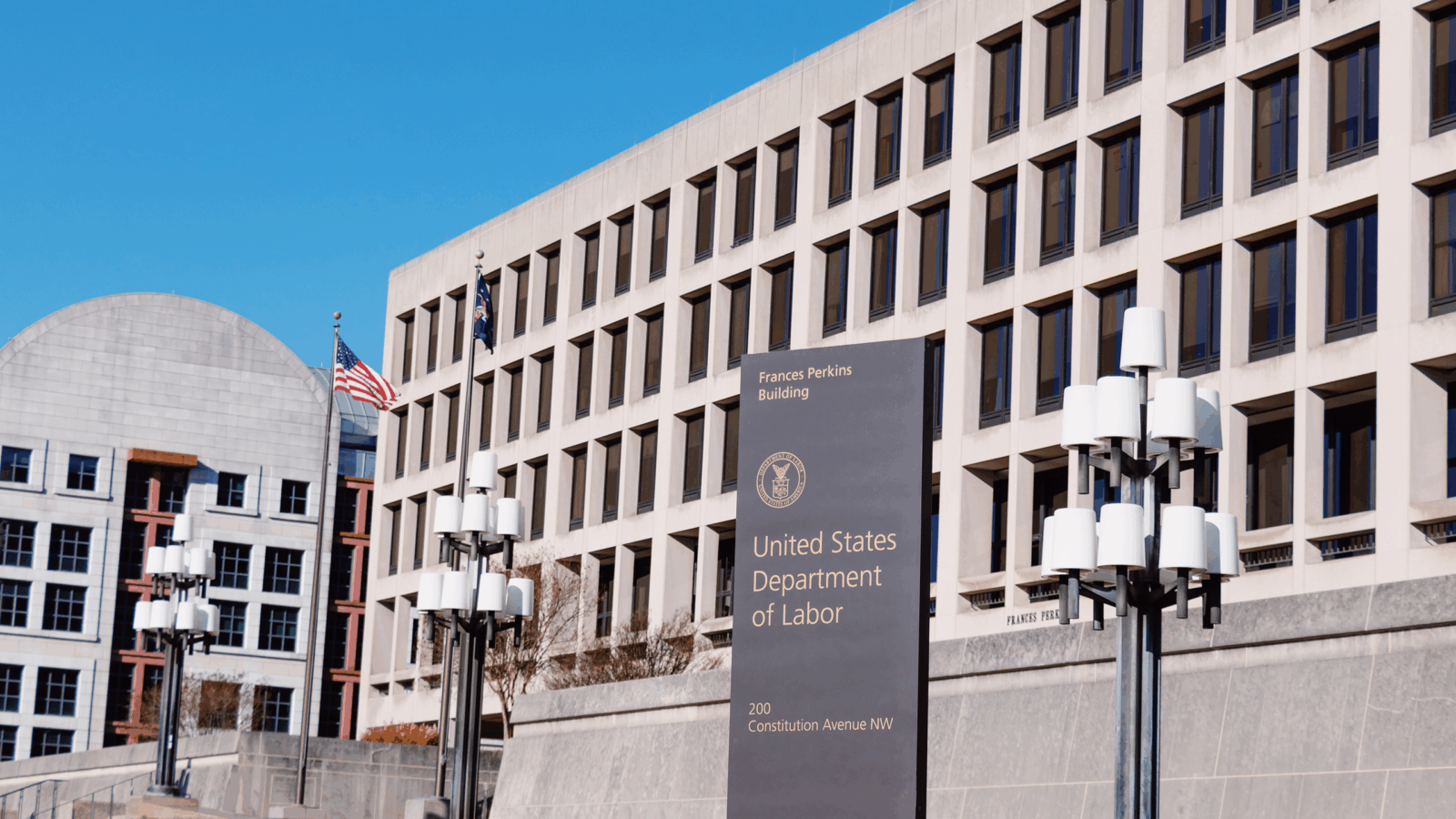Medicare to Cut Costs on 64 Drugs, May Influence Private Insurance Prices
The Department of Health announced this week that Medicare is cutting prices for dozens of prescription drugs that have outpaced inflation.

Sign up for smart news, insights, and analysis on the biggest financial stories of the day.
The Department of Health announced this week that Medicare is cutting prices for dozens of prescription drugs that have outpaced inflation. To which we say, what about the rest of us? Federal health insurance for seniors covers only about 20% of the country.
In Treatment
Americans are constantly fretting over the increasing cost of healthcare, and it’s not psychosomatic. Between 2022 and 2023, prices for nearly 2,000 drugs increased faster than the rate of general inflation, with an average price hike of 15.2%, according to the Office of the Assistant Secretary for Planning and Evaluation. The office also says for every dollar paid in other high-income countries for drugs in 2022, consumers in the US paid $2.78. Read that again.
President Joe Biden’s signature Inflation Reduction Act partly intends to reduce prescription medication costs by finally allowing Medicare to negotiate prices — Big Pharma isn’t too happy with that one — and requiring drug companies to pay rebates to Medicare when prices increase faster than the rate of inflation for certain drugs. These latest reductions fall in the latter camp:
- The price cuts will apply to 64 treatments for cancer, osteoporosis, infections, and other ailments given to patients between the start of July and the end of September. The drugs are used by more than 750,000 Medicare enrollees annually. In a nation of 333 million, that’s not a whole lot of people, but it could be the start of something.
- “As Medicare is a huge buyer, it has considerable leverage to reduce costs if it has the political will to do that,” Georgetown Law Professor Lawrence Gostin told The Daily Upside. “Private insurers will negotiate with drug companies based on the cost of drugs sold to Medicare. They will not want to pay a premium over and above the price Medicare pays.”
However, industrywide price cuts could bite investors in the backside. Big Pharma stocks including Pfizer, Johnson & Johnson, and Bristol Myers Squibb have already been underperforming the S&P 500 over the past two decades, Barron’s reported.
The R&D Claim: Drug companies often argue price hikes help fund research and development of better meds. Gostin said that’s true to an extent, but often exaggerated. “The pharmaceutical industry is not transparent about the amount of money it devotes to innovation as opposed to drug advertising,” he said. “The industry also often prefers so-called me-too drugs that don’t truly advance benefits for patients but do feed the companies’ bottom line.” Wait, so does that mean there’s really no difference between Wegovy and Zepbound?











